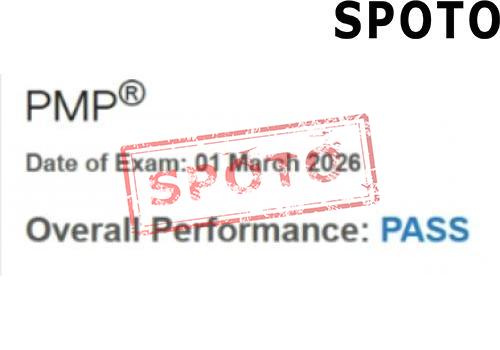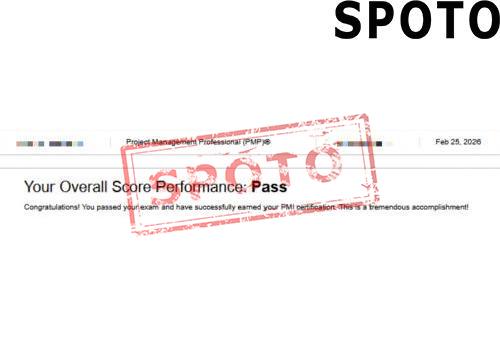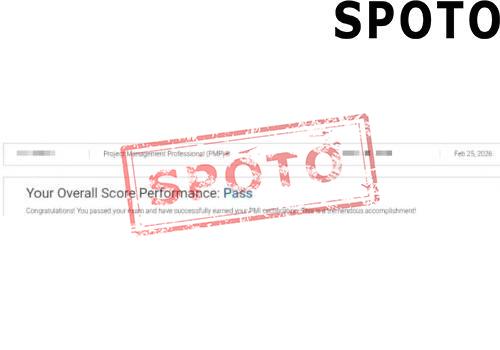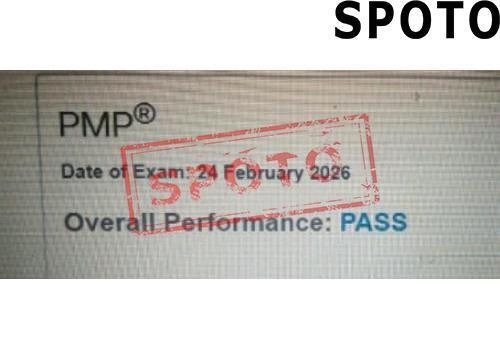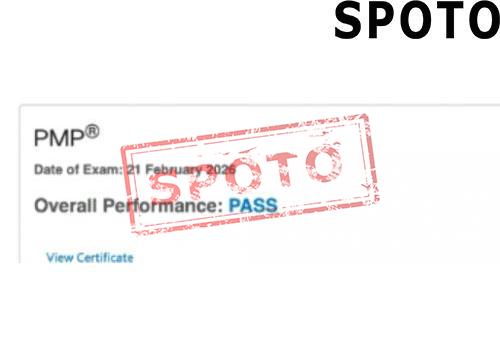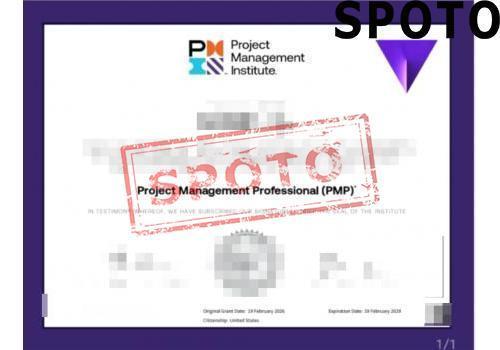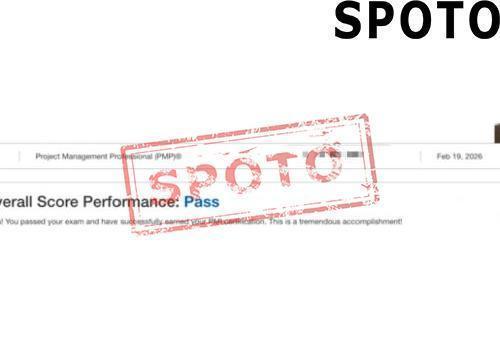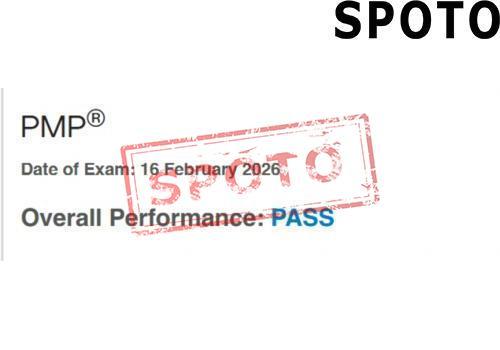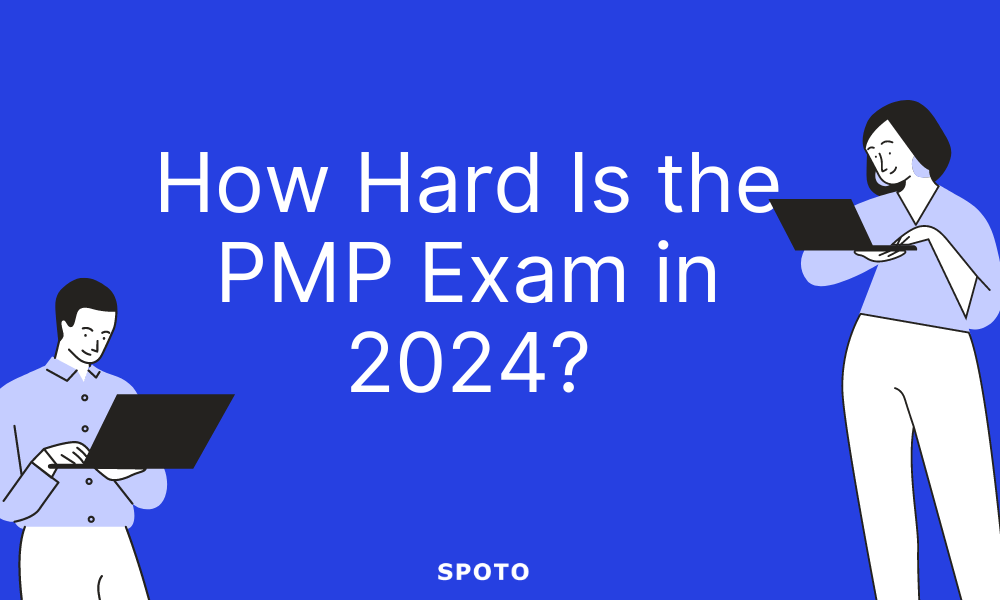
Table of Contents
The Project Management Professional (PMP) Certification is a globally recognized credential awarded by the Project Management Institute (PMI) to professionals who demonstrate their expertise in project management. This certification signifies a mastery of both theoretical knowledge and practical skills required to lead and manage projects effectively. It is highly esteemed in various industries as it validates an individual's ability to initiate, plan, execute, monitor, control, and close projects in accordance with industry standards and best practices. PMP certification holders are equipped with the necessary tools and techniques to navigate through the complexities of modern project management, making them invaluable assets to organizations seeking to achieve project success and meet strategic objectives.
Is the PMP Certification Exam Difficult?
The question of whether the PMP certification exam is difficult is one that often arises among aspiring project managers. Indeed, the PMP exam is widely regarded as challenging due to its comprehensive coverage and rigorous standards. With a demanding array of 200 multiple-choice questions to be tackled within a strict four-hour time limit, it demands not only theoretical knowledge but also practical application skills. Covering a wide spectrum of project management domains such as scope management, time management, cost management, quality management, risk management, and stakeholder management, the exam requires candidates to showcase proficiency across diverse areas. Moreover, the exam undergoes periodic updates to ensure alignment with evolving industry standards, adding further layers of complexity. However, while the PMP exam may seem daunting, thorough preparation can significantly mitigate its challenges. Many aspirants opt for structured exam preparation courses, diligently study the PMBOK Guide, engage in extensive practice tests, and seek hands-on experience to reinforce their understanding. Despite its difficulty, conquering the PMP certification exam signifies not only a mastery of project management principles but also opens doors to diverse career opportunities and professional growth.
What Makes the Exam Difficult?
Comprehensive Coverage: The exam assesses knowledge across various project management areas, including scope management, time management, cost management, quality management, risk management, and stakeholder management.
200 Multiple-Choice Questions: Test-takers are required to answer 200 multiple-choice questions within a four-hour time limit, testing their ability to apply concepts in real-world scenarios.
Updates and Relevance: The PMP exam undergoes periodic updates to ensure alignment with current industry standards and best practices, adding to its complexity.
Preparation Intensity: Candidates often invest significant time and effort in preparation, which may involve enrolling in exam preparation courses, studying the PMBOK Guide, practicing with sample questions and mock exams, and participating in study groups.
Why Is the PMP Certification Exam Difficult?
The challenge posed by the PMP Certification exam can be attributed to its extensive reach beyond specific industries. Over the years, the evolution of PMP has led to its integration across a wide array of sectors including IT, electronics, finance, communications, engineering, real estate, military industry, data management, and beyond. This broad spectrum of industry involvement necessitates candidates to possess a deep understanding of diverse practices and standards prevalent in these fields. Consequently, the exam's complexity arises from the need for test-takers to demonstrate proficiency in a wide range of industry-specific knowledge areas, making thorough preparation and a comprehensive grasp of project management principles essential for success.
How Long Does It Take to Prepare for the PMP Exam?
To thoroughly prepare for the PMP exam, it typically requires consistent study over a period of several months. However, opting to enroll in a PMP Camp can significantly shorten the preparation time to just 2-4 weeks. This accelerated timeline is made possible by resources like SPOTO, which offers reliable and precise PMP exam dumps. Additionally, with personalized guidance from experienced experts, candidates can expedite their path to PMP certification in as little as 1 week. By leveraging these tailored study materials and expert support, individuals can efficiently navigate the exam content and achieve their certification goals within a condensed timeframe.
Tips for Passing the PMP Exam in 2026
Preparing for the 2026 PMP exam requires a smart plan. Aspiring project managers need to study hard and stay updated. By using available resources wisely, they can improve their chances of passing the exam and moving forward in their careers. Here are some tips to pass the PMP exam:
l Stay Updated: Familiarize yourself with the latest updates and changes to the exam format and content.
l Use Updated Materials: Utilize study materials that are tailored to the 2026 exam specifications, including revised editions of the PMBOK Guide.
l Focus on Understanding: Emphasize understanding core project management principles and their practical applications rather than memorization.
l Enroll in Preparation Courses: Consider enrolling in structured PMP exam preparation courses offered by reputable providers for comprehensive coverage and practical insights.
l Utilize Online Resources: Leverage online forums, study groups, and peer support networks for collaborative learning and clarification of doubts.
l Practice Extensively: Practice with sample questions and mock exams to familiarize yourself with the exam format, pacing, and types of questions.
l Allocate Dedicated Study Time: Consistently allocate dedicated study time leading up to the exam, balancing review of key concepts with regular practice sessions.
l Refine Test-Taking Strategies: Focus on refining test-taking strategies, such as time management techniques and approaches to tackling complex questions effectively.
l Ensure Rest and Relaxation: Prioritize adequate rest and relaxation in the days leading up to the exam to optimize mental clarity and focus on the day of the test.
l Approach with Confidence: Approach the exam with confidence, drawing upon thorough preparation and readiness to demonstrate proficiency in project management.
Following these tips can help you enhance your preparation and increase your chances of passing the PMP exam in 2026.
Conclusion
Obtaining the PMP Certification involves a challenging exam, yet the rewards it yields are substantial. While the certification process demands diligence and dedication, achieving PMP status opens doors to numerous benefits. These include enhanced career opportunities, increased earning potential, broader professional recognition, and a deeper understanding of project management principles and practices. Despite its difficulty, the PMP Certification serves as a valuable asset, empowering individuals to excel in their project management careers and stand out in a competitive job market.
Frequently Asked Questions (FAQs):
1. What is the passing rate for the PMP exam?
The passing rate for the PMP exam was around 60-70%. However, it's essential to note that the Project Management Institute (PMI), which administers the PMP exam, doesn't officially disclose the passing score or rate. Instead, they use a psychometric analysis to determine pass/fail thresholds based on the difficulty of the questions. Therefore, while historical data may suggest a passing rate, it's important for candidates to focus on thorough preparation rather than solely aiming for a specific passing rate.
2. Does PMP certification expire?
Yes, the PMP (Project Management Professional) certification does expire. PMP certification holders need to renew their certification every three years. To renew the certification, professionals must earn Professional Development Units (PDUs) by participating in continuing education activities related to project management or by retaking the PMP exam. This renewal process ensures that certified professionals stay up-to-date with developments in the field of project management. However, it's always a good idea to check with the Project Management Institute (PMI) or the official PMP certification handbook for the most current information on certification renewal requirements.
3. What are the PMP certification exam requirements?
To be eligible for the Project Management Professional (PMP) certification exam, candidates must meet certain requirements outlined by the Project Management Institute (PMI). The general eligibility requirements are as follows:
A. Education:
- Secondary degree (high school diploma, associate's degree, or global equivalent)
- Four-year degree (bachelor's degree or global equivalent)
B. Project Management Experience:
- For candidates with a secondary degree, a minimum of five years (60 months) of non-overlapping professional project management experience, during which at least 7,500 hours were spent leading and directing project tasks.
- For candidates with a four-year degree, a minimum of three years (36 months) of non-overlapping professional project management experience, during which at least 4,500 hours were spent leading and directing project tasks.
C. Project Management Education:
- 35 contact hours of formal education in project management. This requirement is typically fulfilled by completing a formal project management education course or training.
It's important to note that these requirements may be subject to change, so candidates should always refer to the latest information provided by the Project Management Institute (PMI) or the PMP Handbook to ensure they meet the eligibility criteria before applying for the exam.

